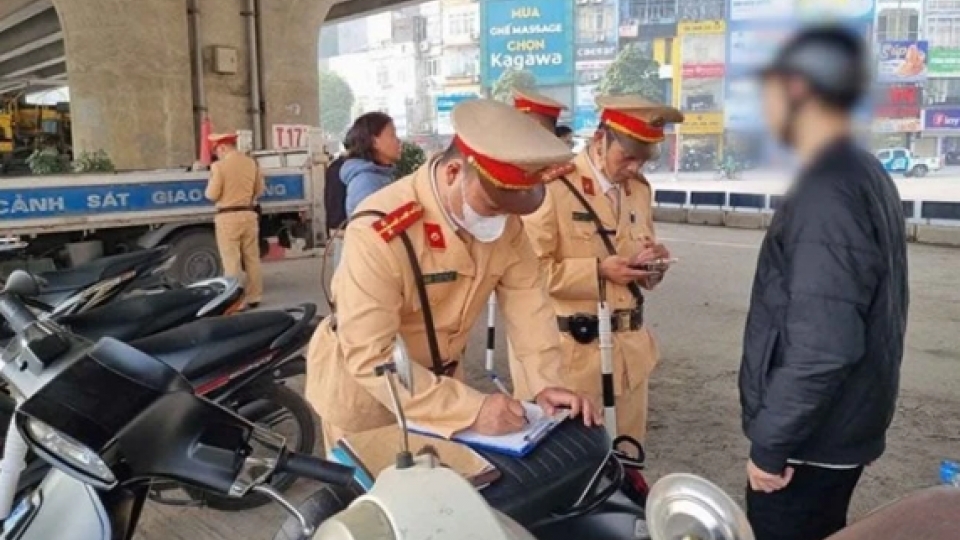PM orders stronger implementation of road traffic safety law
Prime Minister Pham Minh Chinh has signed Directive No. 11/CT-TTg, dated April 21, mandating a stepped-up rollout of the Law on Road Traffic Order and Safety across Vietnam.

Passed by the 15th National Assembly during its seventh sitting on June 27, 2024, the new legislation took effect from January 1 and introduces a raft of significant updates.
Three months into its implementation, authorities have reported encouraging results. Road safety and order have seen marked improvements, with reductions in both traffic accidents and congestion. Public awareness, particularly in major urban centres, has increased, with early signs of a more civilised and modern traffic culture beginning to take shape.
However, the Prime Minister acknowledged that initial enforcement has not been without challenges. While the public has largely welcomed tighter legal oversight, a number of individuals have deliberately spread misinformation about the law's provisions, leading to confusion and polarised public opinion.
He has asked ministers, heads of ministerial-level agencies and chairs of people's committees of cities and provincies to effectively implement the law and guiding documents. The people's public security force has been designated the core body in advising Party committees at all levels and local authorities during this process.
The Government leader tasked the Ministry of Public Security with reviewing and refining the legal framework around traffic safety. The aim is to remove procedural hurdles through digital transformation, the application of information technology, and the simplification of administrative processes while facilitating maximum ease for both citizens and businesses. Particularly notable is the call for integrating artificial intelligence into the management of vehicle tracking data, image recording systems for commercial drivers, and vehicle load monitoring tools. This would enable real-time detection, warning, and handling of violations.
The Ministry of Construction has been urged to accelerate key transport infrastructure projects, while examining and repairing road signage, lane markings, and traffic signals.
The Ministry of Education and Training, in collaboration with the Ministry of Public Security and other relevant agencies, has been instructed to swiftly develop and implement curriculum materials that incorporate legal knowledge and compliance with traffic laws in schools.
Local authorities have been called upon to allocate budgetary resources and mobilise legitimate funding to invest in intelligent traffic management centres and expand surveillance camera systems.
Finally, the PM has asked the Supreme People’s Court and the Supreme People’s Procuracy to work closely with the Ministry of Public Security to investigate, prosecute, and try traffic accident cases, particularly those with serious or especially grave consequences.



